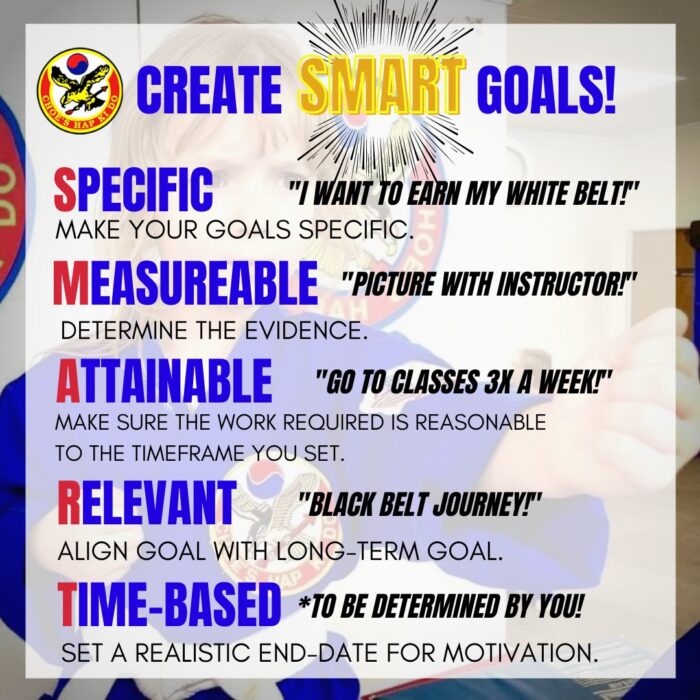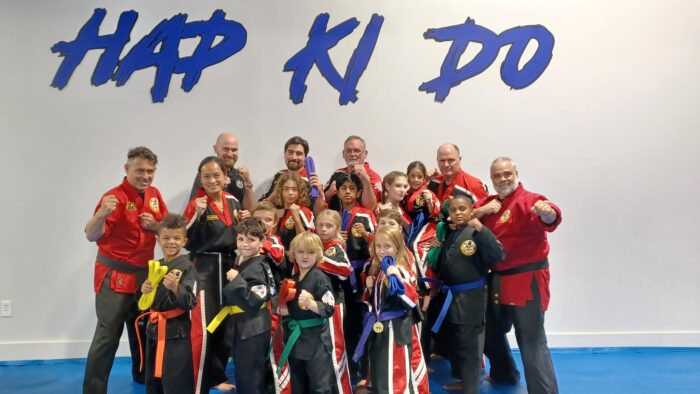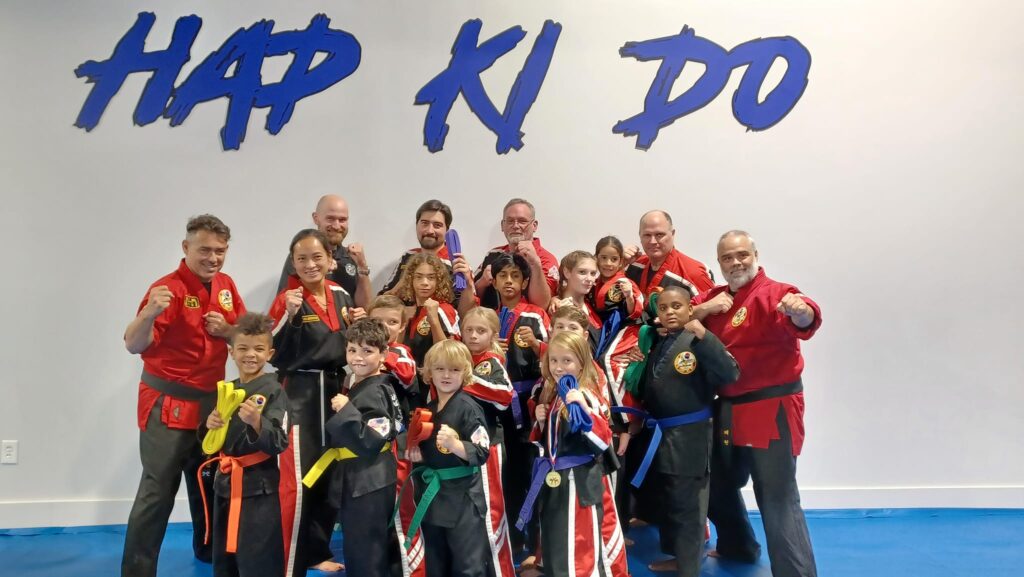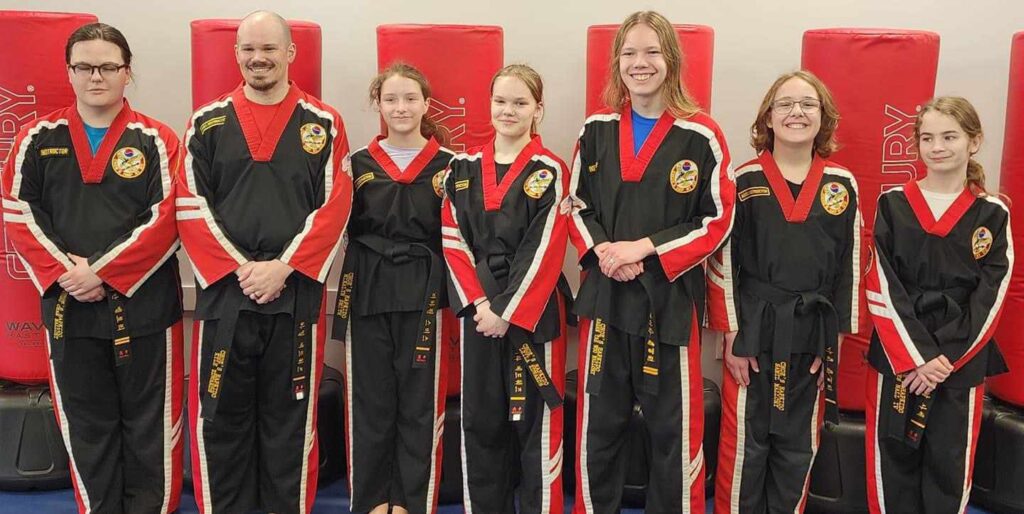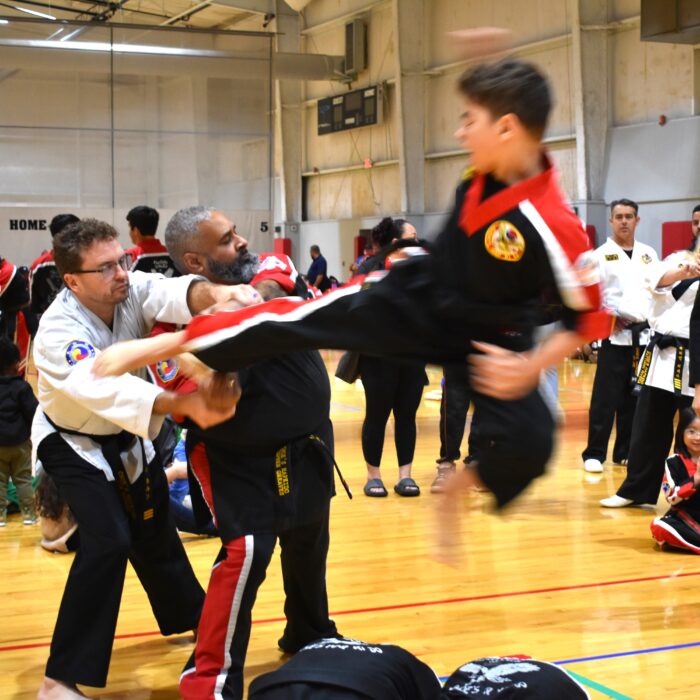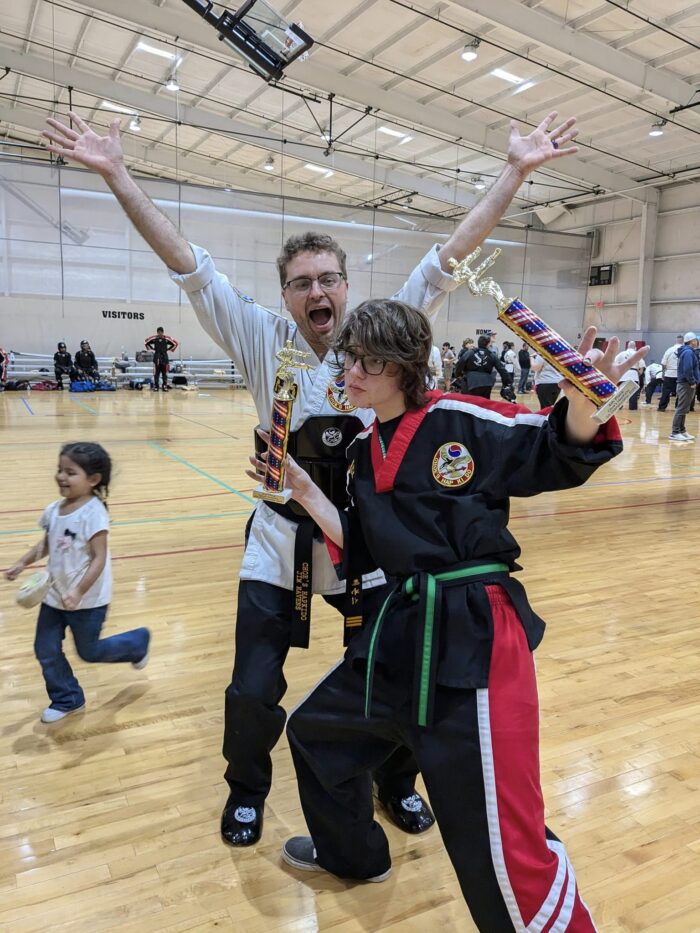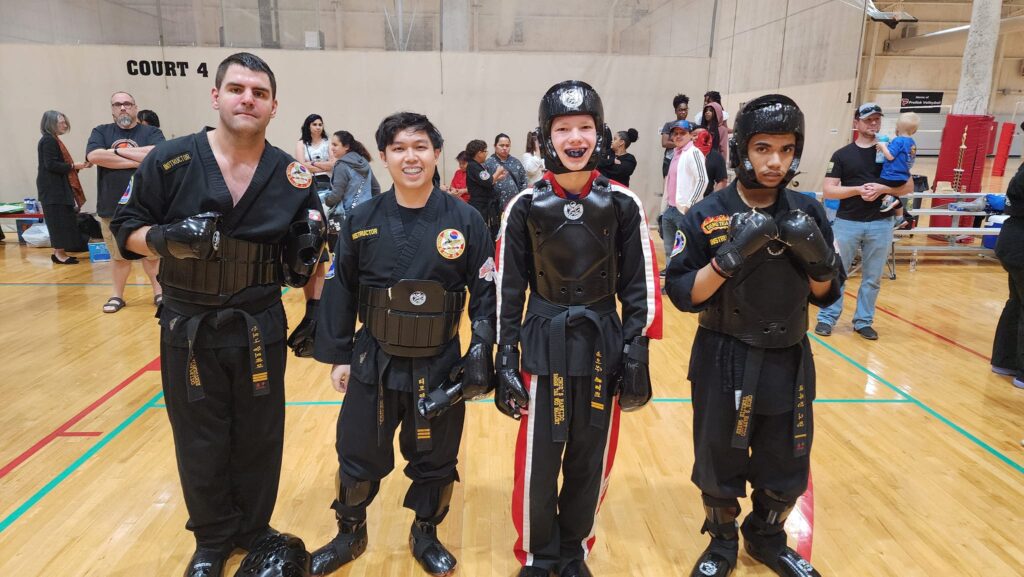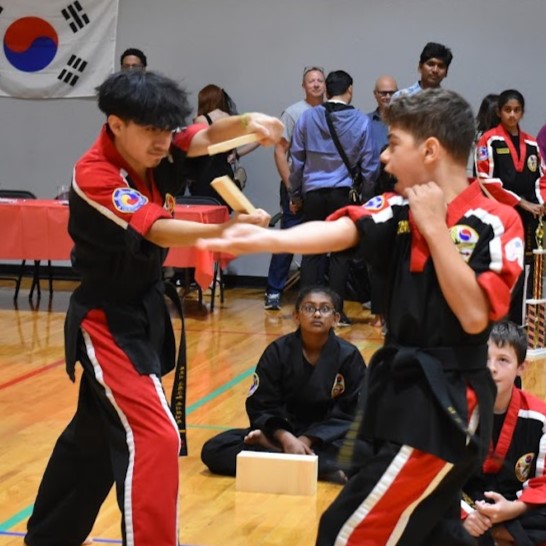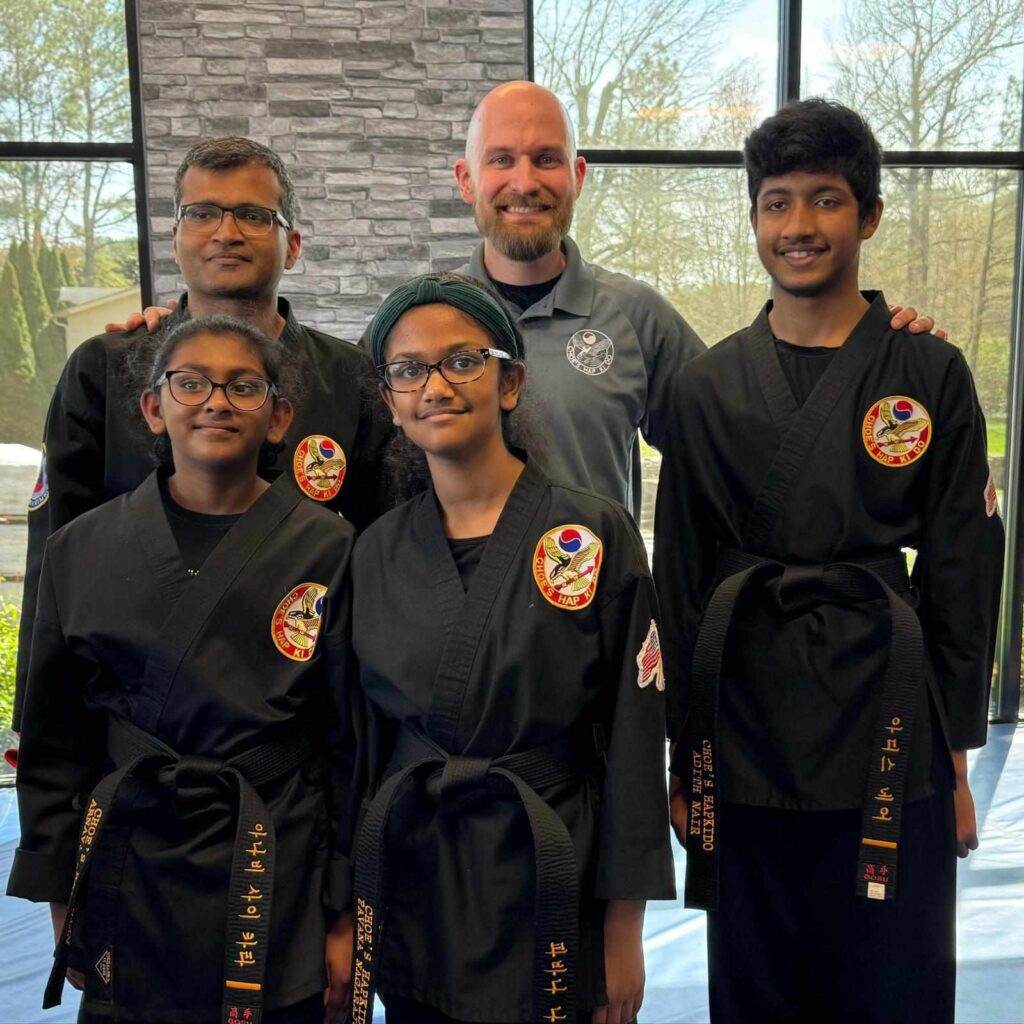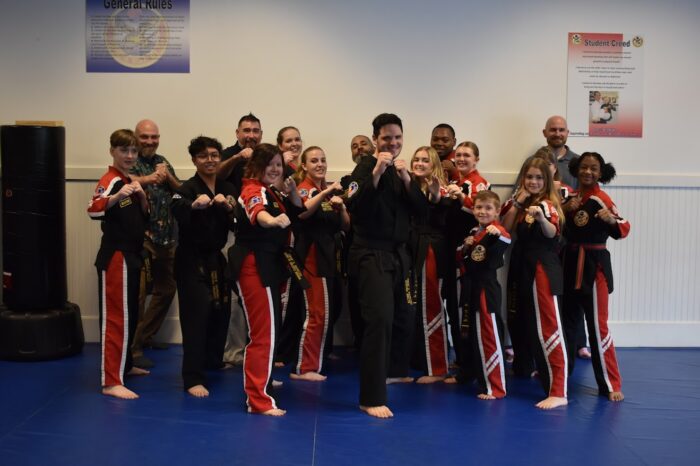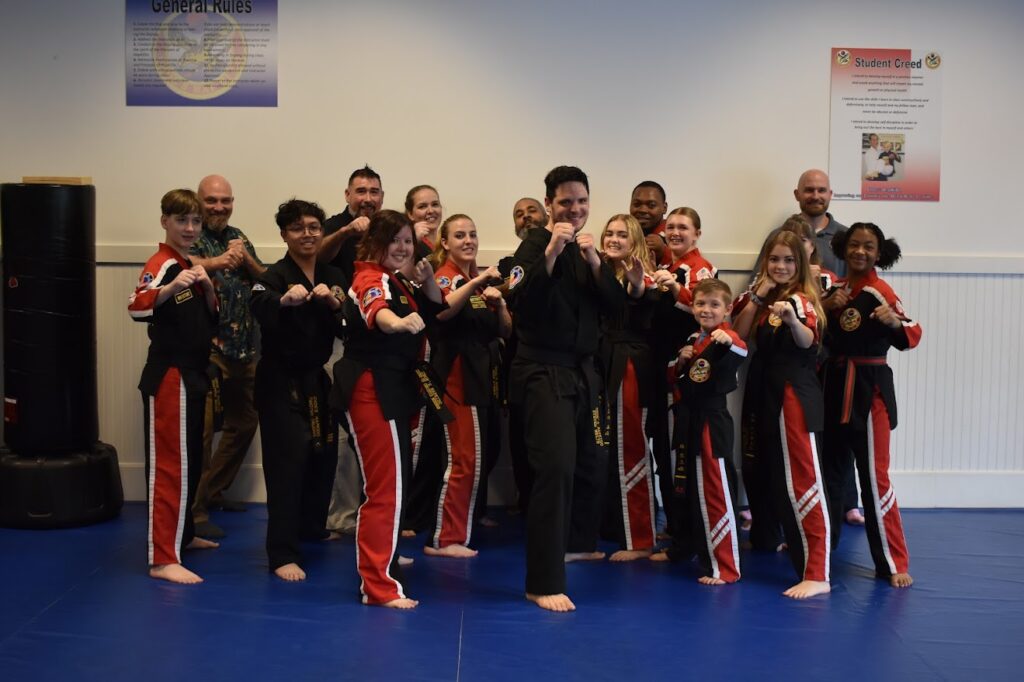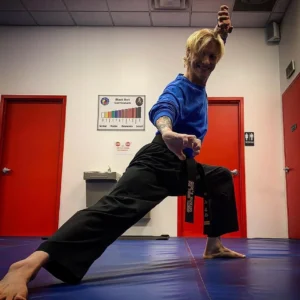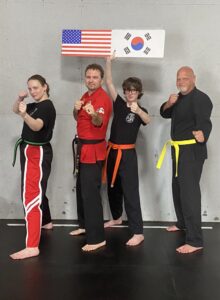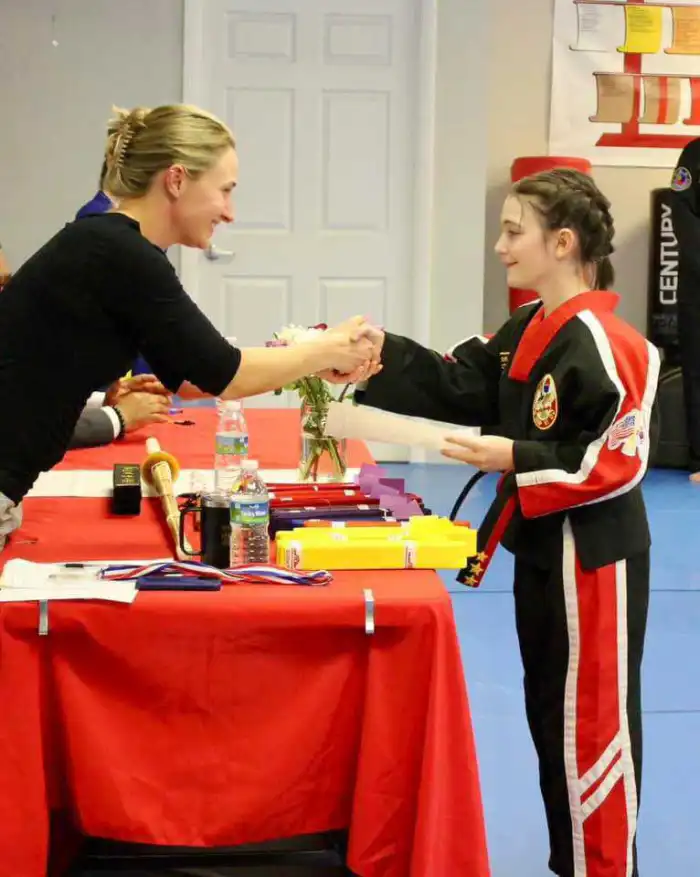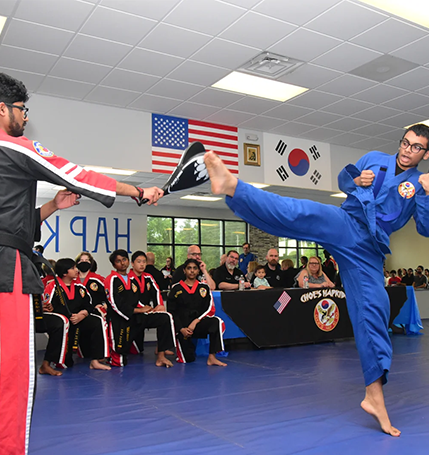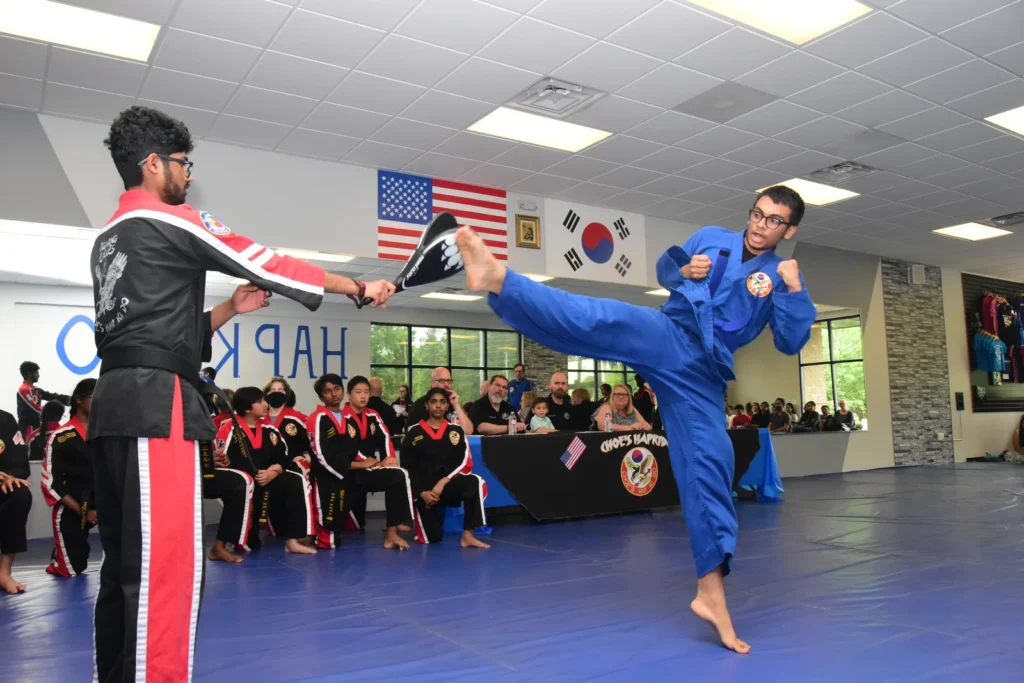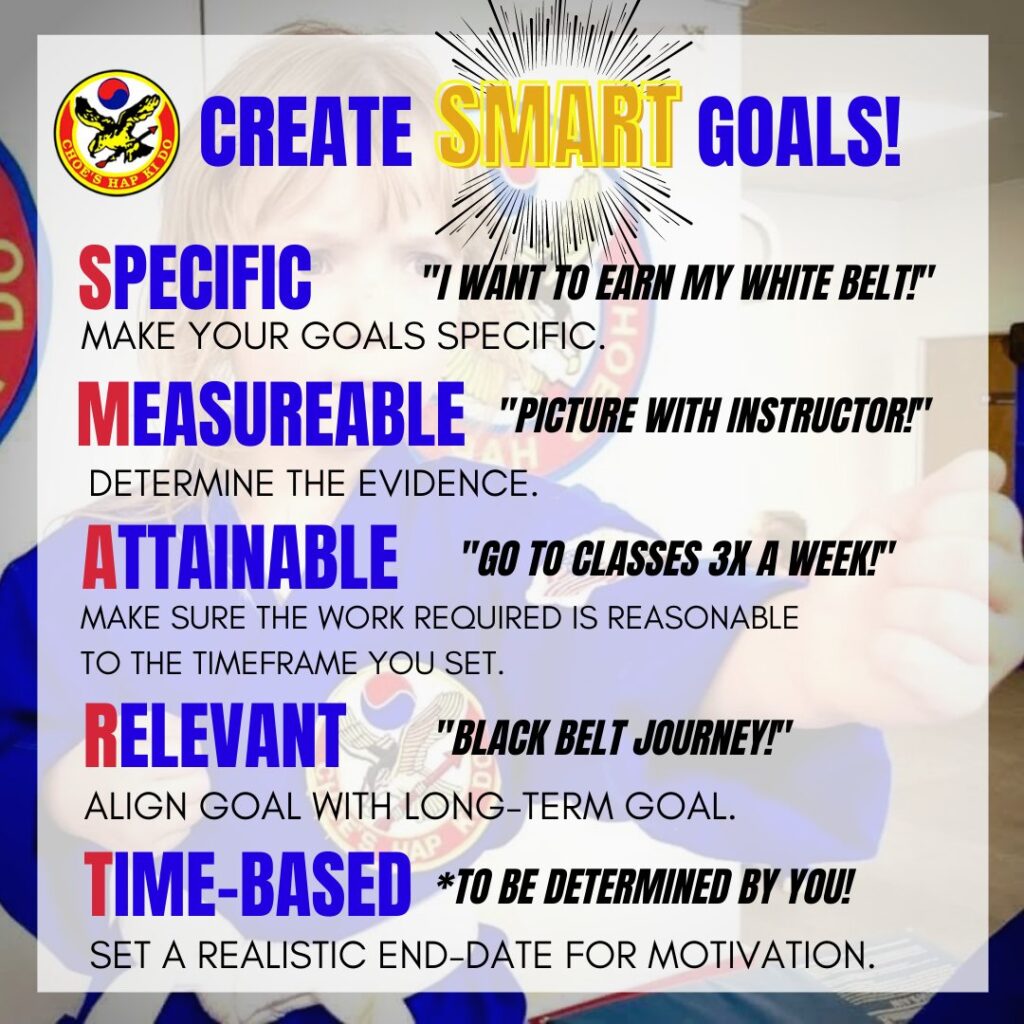
As the year comes to a close, it’s the perfect time to reflect on your achievements and plan for an even better 2025. Setting goals is essential for personal growth, especially in martial arts. At Choe’s HapKiDo, we believe that clearly defined goals help students achieve their full potential both on and off the mat. One method for effective goal setting is using the SMART framework. Let’s explore how SMART goals—Specific, Measurable, Achievable, Relevant, and Time-bound—can transform your martial arts journey.
Specific: Define Your Goal Clearly
A specific goal provides clarity and focus. Instead of saying, “I want to get better at martial arts,” set a specific target like, “I will master my spinning heel kick technique.”
Martial Arts Example: A student aiming to improve their spinning kick might focus on practicing the movement for 15 minutes after every class, ensuring each element—foot placement, balance, and follow-through—is addressed.
Measurable: Track Your Progress
To stay motivated, it’s crucial to measure your progress. Measurable goals allow you to see how far you’ve come and identify areas for improvement. For example, track how many successful spinning kicks you can perform without losing balance.
Martial Arts Example: A measurable goal could be, “By the end of this month, I will consistently execute a spinning heel kick 10 times in a row with proper form.” Tracking these attempts builds accountability and confidence.
Achievable: Set Realistic Expectations
While ambition is important, goals should be realistic and attainable. Setting an unachievable target, like earning a black belt within a year, may lead to frustration. Instead, focus on incremental progress, like earning your next belt.
Martial Arts Example: An achievable goal could be, “In three months, I will learn and demonstrate Blue Belt kicks and self-defense!”
Relevant: Align Goals with Your Purpose
Your goals should connect to your overall aspirations in martial arts. Whether it’s improving self-defense, building confidence, or achieving fitness, ensuring relevance keeps you motivated.
Martial Arts Example: If your ultimate goal is improving your fitness level, a relevant short-term goal could making it to one or two additional classes per week.
Time-bound: Set a Deadline
Goals without deadlines often lose urgency. A time-bound goal provides structure and ensures consistent effort. Make goals that are ideal for you—not your neighbor or anyone else. It’s important to set deadlines that align with your personal pace and commitments. For example, instead of “I’ll improve my stamina,” set a deadline: “I will complete 20 consecutive push-ups by the end of the next six weeks.”
Martial Arts Example: You might decide to break boards with 3 new techniques by the next championship or tournament!
At Choe’s HapKiDo, we encourage our students to set SMART goals as part of their training. With 2025 on the horizon, now is the ideal time to reflect on your accomplishments this year and plan your goals for the next. By making your goals Specific, Measurable, Achievable, Relevant, and Time-bound, you can accelerate your progress and experience the transformative power of martial arts. Wherever you are in life, SMART goals will keep you focused and motivated on your path to success.
Are you ready to set your SMART goals and achieve greatness? Join us on the mat and take the next step in your martial arts journey today!
Check out our locations page to find a school near you and schedule a trial class today! www.TryKarateClasses.com/karate-locations/. Also follow Choe’s HapKiDo on Facebook: https://www.facebook.com/choeshapkidomartialarts !

